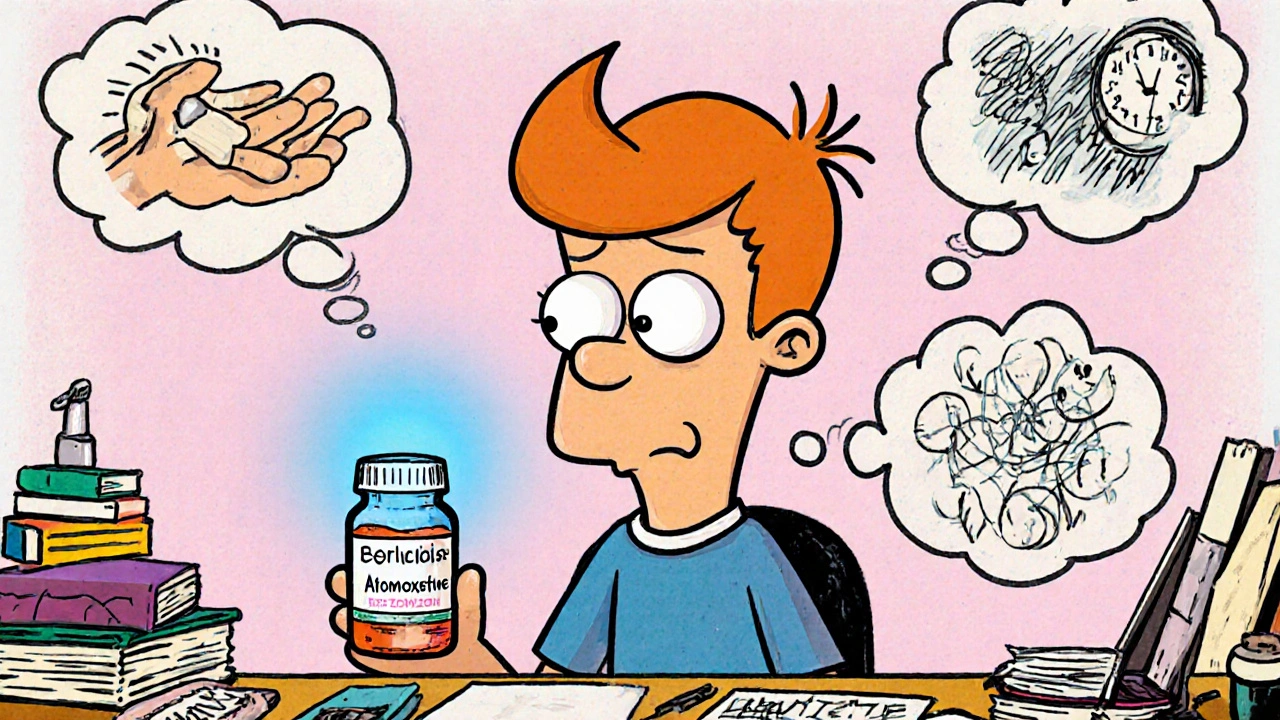Off-Label Use: When Doctors Prescribe Medications for Unapproved Uses
When a doctor prescribes a drug for something it wasn’t officially approved for, that’s called off-label use, the practice of using a medication for a purpose not listed on its FDA-approved label. Also known as unlabeled prescribing, it’s not illegal—and in many cases, it’s backed by solid clinical evidence. The FDA approves drugs for specific conditions based on clinical trials, but once a drug is on the market, doctors can use their judgment to prescribe it for other uses. This happens all the time—especially in areas like oncology, psychiatry, and pediatrics, where approved options are limited or research moves faster than regulation.
For example, benzodiazepines, a class of drugs approved for anxiety and seizures, are sometimes used off-label to treat insomnia or muscle spasms. PPIs, acid-reducing drugs like omeprazole approved for GERD, are often given to people with unexplained chest pain or even asthma, even though their label doesn’t say so. And gabapentin, originally developed for epilepsy, is now one of the most commonly prescribed off-label drugs for nerve pain, anxiety, and even restless legs.
Why does this happen? Because medicine isn’t always black and white. Clinical trials take years, and patients don’t always fit neatly into study groups. A drug that works for one condition might help with another—even if the manufacturer never ran trials for it. Off-label use is often based on peer-reviewed studies, case reports, or decades of real-world experience. But it’s not risk-free. Without formal approval, side effects might be less documented, insurance might not cover it, and there’s less oversight. That’s why knowing the difference between evidence-based off-label use and guesswork matters.
You’ll find plenty of examples in the posts below—like how off-label use shows up in diabetes drugs causing joint pain, antidepressants used for chronic pain, or even biotin supplements messing with lab tests because they’re taken in doses far beyond what’s labeled. These aren’t edge cases. They’re everyday realities in modern healthcare. Whether you’re a patient wondering why your doctor prescribed something for a condition you don’t have, or a caregiver trying to understand the risks, this collection gives you the facts without the jargon. No fluff. Just what you need to know to ask the right questions and make smarter choices.
 30 Oct 2025
30 Oct 2025
Atomoxetine is not FDA-approved for OCD, but some people with treatment-resistant OCD find relief when other medications fail. Learn how it works, who it helps, and what the research says.
View More

